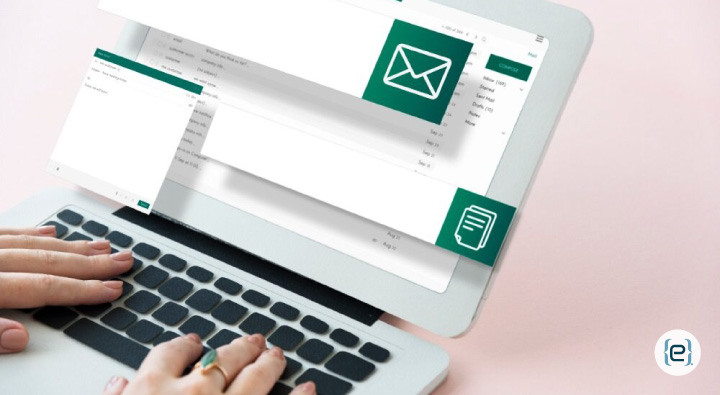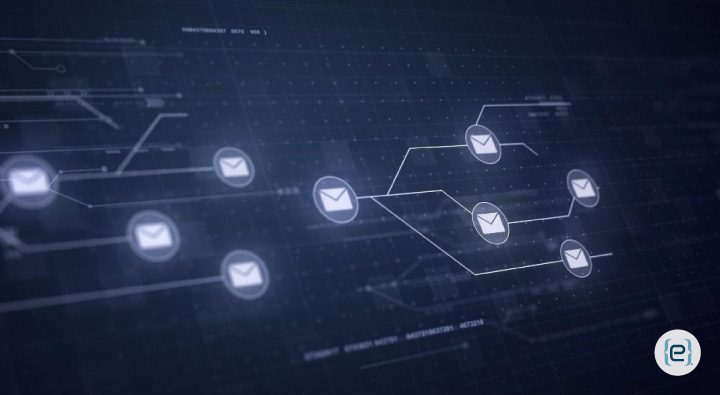We all rely on our inboxes to deliver important communications, and Microsoft Outlook is one of the most preferred email clients worldwide. From small businesses to enterprises, email is important. Inboxes are not only a place for important documents, but they are also crucial communication links, from customer messages to internal memos. Clutter can create challenges, and your performance and productivity will suffer.
Outlook Email Archiving is One Powerful Solution to Manage Load. Open some space and keep everything running smoothly by managing older emails that are important to retain, but are not needed in your inbox. . .
Benefits of Email Archiving
- Improved Inbox Performance and Management: Over time, your inbox will fill with hundreds of important and not-so-important emails. Besides slowing down your productivity, reviewing a massively overflowing inbox can cause performance issues with Outlook itself. By archiving older emails, you can keep your inbox less cluttered and only focus attention on newer, higher-priority emails. This approach also reduces the odds that you will lose an essential message in a sea of older, unread emails. Instead, you can archive messages you do not need to have available immediately, optimizing Outlook All your searches will be faster, Outlook will open faster, and overall usability will pick up. For large organizations, where employees deal with hundreds or thousands of emails per day, such a performance boost can result in substantial time savings.
- Better Storage Management: Most email servers have storage restrictions. When these limits are reached, you might find problems sending or receiving new messages. A full inbox or mail server could mean you are missing client communications, resulting in lost opportunities or disgruntled customers. Outlook email archiving lets you move older, non-active emails out of your mail servers and place them in an archive location. This helps prevent your inbox and email server from filling up, and allows your business to operate without interruptions. It eliminates endlessly deleting emails and makes sure that the important messages are saved for a later time.
- Simplifies Regulatory and Legal Compliance: Proper email retention is the lifeblood of many businesses, especially in regulated industries like finance, healthcare, and legal. For compliance reasons, or in case they are needed for future legal proceedings, many organizations must retain emails for a certain period. Outlook email archiving ensures you can meet these obligations and keep emails safe in a structured, easy-to-access format. Cloud and on-premises archiving solutions, in particular, pack features to make the emails tamper-proof, indexed, and easily retrievable, all of which are imperative for legal e-discovery concerns. An archive also means that your businesses can more easily retrieve emails that might be needed by auditors, regulators, or lawyers.
- Quick Access and Searchability: One of the primary concerns while archiving emails is that accessing them might be a major task. But with the archiving function of Outlook, archived emails continue to be searchable on both local and cloud storage. Outlook search can help you to find specific messages, attachments, or contacts within archived folders. Cloud-based archives are particularly useful, since employees can view them from anywhere with an internet connection. This creates a flexible environment for users to cherry-pick required emails from the archive, avoiding millions of emails in your inbox.
- Security and protection of data is higher: And of course, email archiving protects sensitive information as well. For example, older emails can be retained on a read-only device with strong encryption, or structured so they are not susceptible to data leaks. This is especially crucial for industries that process confidential customer information, financial data, and intellectual property. In addition, archiving solutions can be used with backup systems to guarantee a copy of your archived data in case of a hardware failure or cyberattack. Further, enabling this level of security will inspire confidence in your business, as you maintain compliance with regulators in addition to safeguarding customer data.

Some Best Practices for an Outlook Email Archiving Solution
- Establish Archiving Policies: Create, maintain and enforce well-defined organization archiving policies. Specify, by user, what emails should be archived, when they will do it, and how long before emails are achieved. Implement policies based on the significance of communications, by department, and teach employees how to comply with these measures.
- Local or Cloud Storage: As you decide whether to store archived emails on user devices or in the cloud, consider the size of your organization and the structure of your data. For example, cloud-based archiving is often the right fit for larger organizations because the cloud offers great scalability, security, and in-cloud accessibility. Local storage, however, may be enough for small businesses or one-person shops with low emailing frequency.
- Automate the Process: Auto Archive will likely be your best friend here. Besides enhancing efficiency, automation mitigates the possibility of user error, or forgetting to manually archive emails, guaranteeing that your email management strategy is never left behind.
- Regularly Monitor and Review: You should constantly review your archiving environment, to ensure that it continues to meet the changing requirements of your organization. As your business scales, you will likely have more email traffic, and you may require adjustments to your storage/compliance activity.
Experienced eMazzanti professionals can help you design, deploy, and maintain email and other digital tools and solutions.







